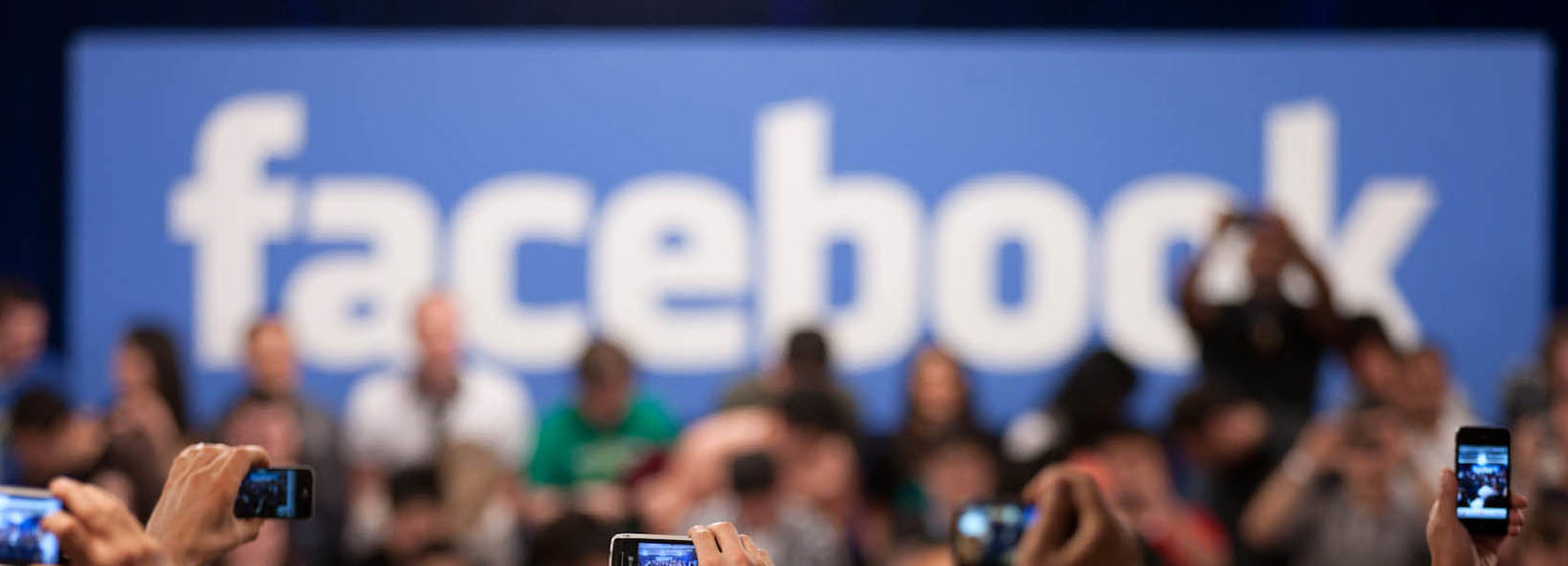Tag: facebook
-
When Facebook Turns Against You
Yesterday Facebook surfaced one of my aunts posts in which she alluded to a conspiracy theory that the COVID-19 death numbers are being fabricated. Normally my response to these sorts of posts on Facebook these days is to simply hit the “snooze for 30 days” button. But this was my favourite aunt who I’ve respected…
-
The case for Facebook… or something like it

I am about to write something that is extremely unpopular amongst my peers in 2019: I like Facebook and I think can can be part of a healthy and productive online diet. Facebook has been getting high profile negative press almost daily, for what seem like a solid year. A lot of it is well…
-
DIY Internet: More on personal VPNs

A few followup thoughts regarding Monday’s post about setting up a personal VPN. Self-Sufficient, DIY Internet All the Facebook Cambridge Analytica nonsense has really emphasized how dependent we have become on third party services and social networks. As I thought about it, the idea of being self-sufficient online has really started to appeal to me.…